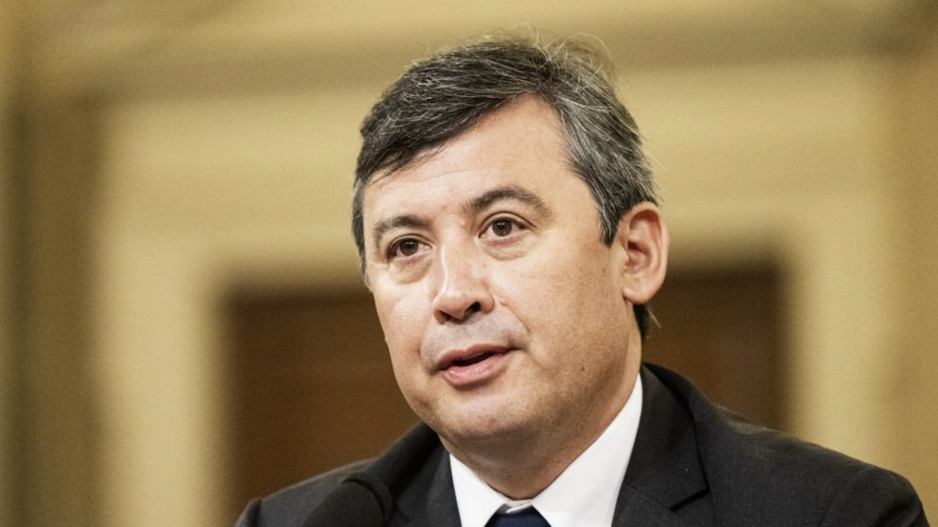The People’s Republic of China (PRC) government has conducted operations to target people in at least 36 foreign countries, according to a University of B.C.-educated researcher who testified Tuesday to senators and congressmen in Washington, D.C.
Yana Gorokhovskaia of Freedom House, who earned a doctorate in political science at UBC in 2016, told the Congressional-Executive Commission on China that China accounts for almost a third of the 854 cases of foreign interference recorded in her organization’s database from 2014 to 2022.
Victims of foreign interference, also known as transnational repression, include pro-democracy activists, journalists, students, human rights defenders, artists, former insiders, civil society organizations, as well as ethnic and religious groups.
“Beijing’s transnational repression toolkit is diverse,” Gorokhovskaia said during the same session in which Conservative MP Michael Chong testified about being targeted by the Chinese government.
“It continues to rely on well-practised tactics of intimidation such as forcing family members to call their relatives abroad in order to urge them to stop engaging in activities, like protest or human rights activism, objectionable to the PRC. Members of the diaspora are sometimes recruited or coerced into informing on each other.”
Gorokhovskaia called China one of the “least-free countries in the world,” which consistently ranks at the bottom of the 195 countries Freedom House assesses annually. Any freedoms that did exist deteriorated rapidly over the last decade, especially since 2017, under Xi Jinping, China’s most-powerful leader since Mao Zedong.
China’s effort to abuse internet freedom includes mass-trolling, smear campaigns, threats and intimidation, spoofing accounts and doxing of personal information. Such tactics “are meant to intimidate critics and journalists, drown out reports of human rights abuses, and apply psychological pressure on the targets,” she said. “These tactics are also often gendered; Women face not only violent but sexualized digital threats in response to work that shines a critical light on the PRC.”
China also contracts retired police officers who have become private investigators, she said. Their specific skills and networks of contacts make them valuable to "harass, coerce, stalk and surveil people living in the U.S. and Canada”
Former New York Police Department sergeant Michael McMahon was convicted in June of acting as a Chinese agent after stalking a New Jersey man wanted by the Chinese government.
In July, former RCMP undercover cop Bill Majcher was charged under the Security of Information Act. The Globe and Mail reported in August that Majcher is accused of targeting real estate investor Kevin Sun and using former law enforcement contacts to help gain the release of Huawei’s Meng Wenzhou.
“This is an extremely dangerous practice, and probably speaks to the need for more regulation of private investigators and transparency about where that work is coming from on behalf of whom they're collecting this information.”
She said the influence of Confucius Institutes to promote Chinese language and culture has waned, but not disappeared.
“This sometimes gets wrapped into a language of anti-Asian hate, that this is sort of harassment or racial profiling, and that is that's also to the PRC’s advantage because it pits people against each other and it delegitimizes the voices of people who are speaking out for freedom,” Gorokhovskaia said.
To combat foreign interference, she suggested bi-partisan support for better training for government officials and law enforcement officers, cultural sensitivity outreach to communities at risk, and deploying sanctions against Chinese officials responsible for foreign interference.
Gorokhovskaia’s UBC dissertation in 2016 was titled, “Elections, Political Participation, and Authoritarian Responsiveness in Russia,” and based on interviews and fieldwork in Russia in 2013.




